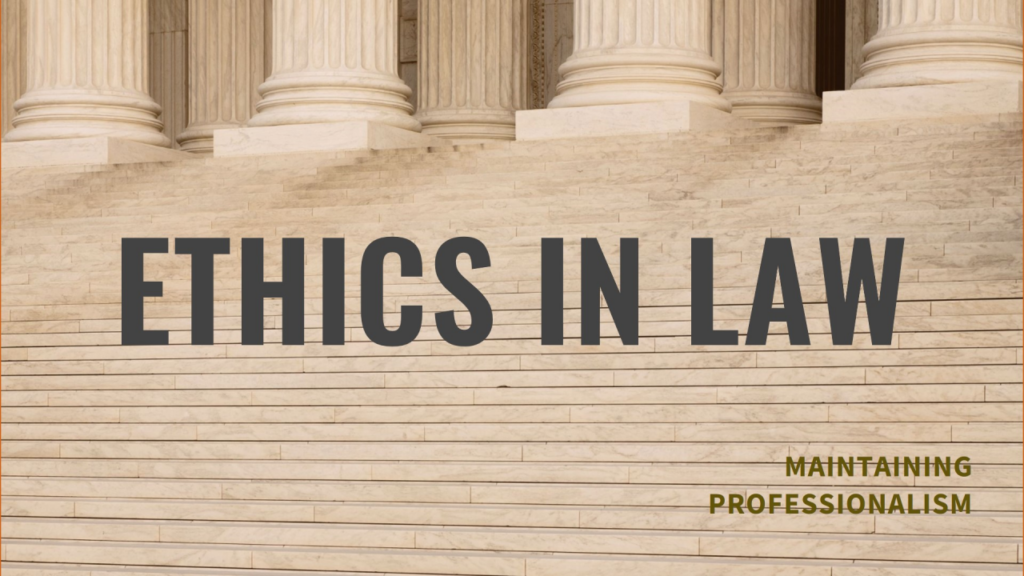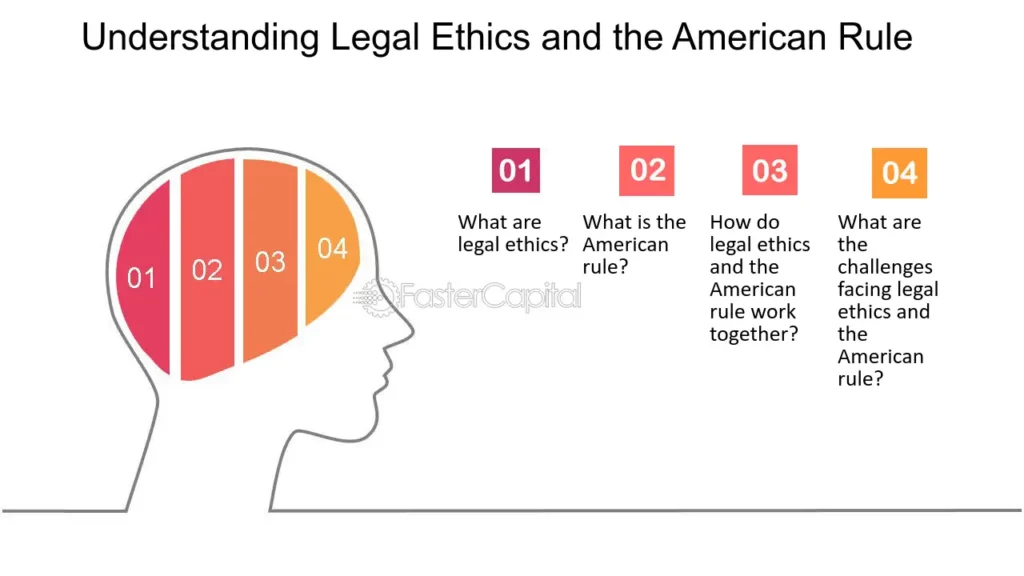The Ethics and Responsibilities of Legal Professionals: A Comprehensive Guide

Introduction
Legal professionals play a crucial role in upholding justice, ensuring fair representation, and maintaining the rule of law. Whether as attorneys, judges, or legal consultants, they must adhere to high ethical standards while fulfilling their responsibilities. This article explores the ethics and obligations of legal professionals, emphasizing their duty to clients, the court, and society.
The Foundation of Legal Ethics
Legal ethics is the body of rules governing the professional conduct of lawyers and other legal practitioners. These ethical standards are established by bar associations, legal institutions, and government regulations to ensure integrity and professionalism within the legal system.
Key Principles of Legal Ethics
- Confidentiality – Lawyers are bound to protect client confidentiality, ensuring that privileged communications remain undisclosed unless required by law.
- Competence – Legal professionals must possess the necessary skills, knowledge, and diligence to handle cases effectively.
- Conflict of Interest Avoidance – Attorneys should avoid representing clients where personal or financial interests may compromise their professional integrity.
- Integrity and Honesty – Lawyers must provide truthful legal advice, refrain from misleading courts, and act in a manner that promotes justice.
- Duty to the Court – Legal professionals must uphold the law, act with decorum, and ensure that legal proceedings remain fair and impartial.
Responsibilities of Legal Professionals
Legal professionals have responsibilities that extend beyond representing their clients. Their obligations include upholding justice, ensuring access to legal remedies, and maintaining ethical standards in their practice.
1. Duty to Clients
A lawyer’s primary responsibility is to serve their clients diligently while adhering to ethical principles. This includes:
- Providing sound legal advice and representation.
- Acting in the best interest of the client without engaging in unethical practices.
- Maintaining confidentiality and privileged communication.
2. Duty to the Court
Lawyers serve as officers of the court and must ensure that legal proceedings are conducted fairly and justly. Their duties to the court include:
- Presenting truthful and relevant arguments.
- Avoiding frivolous lawsuits and legal tactics that obstruct justice.
- Respecting judicial decisions and upholding legal integrity.
3. Duty to Society
Beyond individual cases, legal professionals must contribute to the betterment of society. This includes:
- Providing pro bono legal services to underserved communities.
- Advocating for legal reforms that promote justice and human rights.
- Educating the public about their legal rights and obligations.
Challenges in Legal Ethics
Legal professionals often face ethical dilemmas that test their integrity. Some common challenges include:
- Confidentiality vs. Public Interest – Balancing client confidentiality with the need to prevent crimes or unethical conduct.
- Conflicts of Interest – Managing situations where professional duties conflict with personal interests.
- Pressure from Clients – Resisting pressure to engage in unethical or illegal practices to win cases.
- Judicial and Political Influence – Ensuring impartiality despite external pressures from political or financial entities.
Case Studies on Legal Ethics
Case 1: Attorney-Client Privilege vs. Public Safety
A lawyer representing a client charged with violent crimes learns about plans for future offenses. While bound by attorney-client privilege, the lawyer must consider whether disclosing this information is necessary to prevent harm.
Case 2: Corporate Legal Ethics
A corporate attorney discovers fraudulent activities within their client’s company. Should they protect the client’s confidentiality or report the misconduct to authorities?
These cases illustrate the complexities of legal ethics and the importance of sound judgment in resolving ethical dilemmas.
Conclusion
Legal professionals have significant ethical responsibilities that go beyond legal representation. Their duties to clients, the court, and society demand integrity, competence, and a commitment to justice. By adhering to ethical principles, lawyers and legal practitioners contribute to a fair and just legal system that upholds the rule of law.
Legal ethics is a cornerstone of the legal profession. Every legal professional must continuously strive to uphold these principles to maintain public trust and ensure justice prevails.
